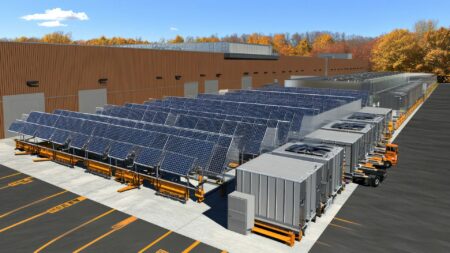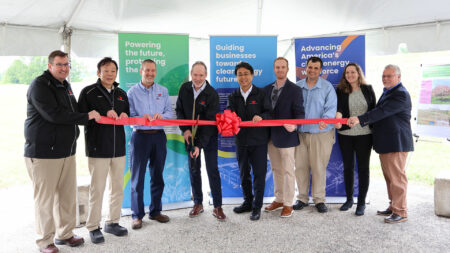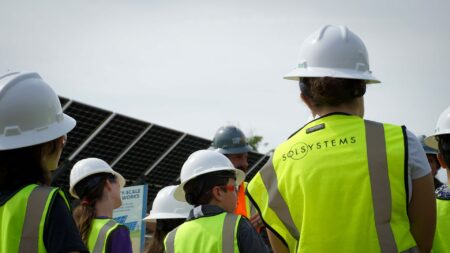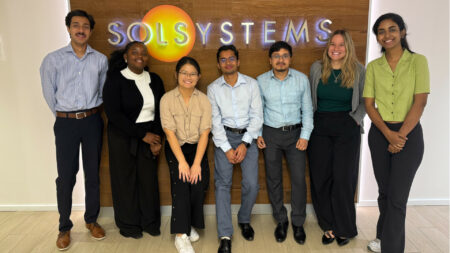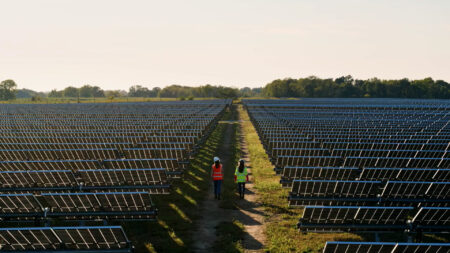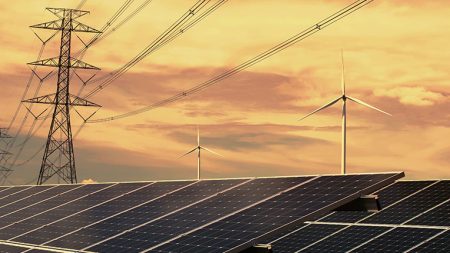News and Events
Industry Insights
Insights | 10 Jul 2025
Inspiring the Next Generation in STEM
Insights | 26 Jun 2025
Welcoming the 2025 Sol Systems Summer Intern Class
Insights | 29 Apr 2025
Charting A Path Toward Clean Energy Procurement
Letters from our CEO

The SOL Source
Sign up for industry-leading data, insights, analysis, and stories from the front lines of commercial and utility Solar.

